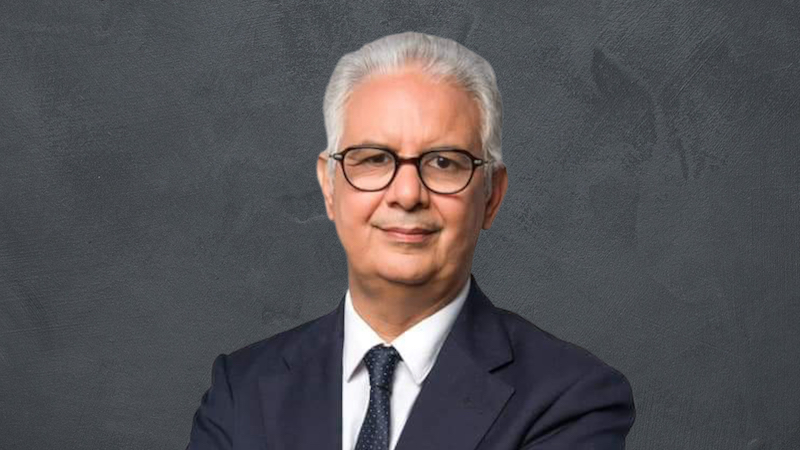Nizar Baraka, Morocco’s Minister of Equipment and Water, has set forth an ambitious plan to elevate the nation’s infrastructure, emphasizing its critical role in fostering economic and social progress across all regions. His comprehensive strategy aims not only to prepare for the 2030 World Cup but also to ensure long-term development and connectivity.
Baraka’s approach focuses on breaking the geographical isolation of various regions, aligning with contractual programs for integrated regional development. Key projects include the continental highway linking Rabat and Casablanca, set to complement the largest stadium in Africa in Benslimane, and new highways connecting Guercif to Nador and Casablanca to Berrechid. These projects are not mere logistical enhancements but transformative initiatives designed to integrate isolated areas into the national economy, fostering inclusive growth.
In collaboration with stakeholders, a national road infrastructure plan for 2040 has been developed, reflecting a vision that integrates royal directives and FIFA requirements for the World Cup. This coordinated effort involves the Interior Minister, regional leaders, and mayors, ensuring a unified strategy that leverages local insights and national oversight. Such a holistic approach is essential for creating infrastructure that meets diverse regional needs while adhering to international standards.
Baraka’s ministry is also dedicated to enhancing local roads and reducing disparities, with significant funds allocated for maintenance and upgrades. Approximately 1.25 billion dirhams are earmarked annually for the rehabilitation of local roads, part of a broader program to reduce territorial and social inequalities. This plan not only aims to improve road quality but also to enhance the daily lives of millions by providing better access to education, healthcare, and economic opportunities.
Noteworthy is the plan to extend the national highway network to 3,000 kilometers, enhancing accessibility and socio-economic development. This expansion is vital for connecting remote areas to major economic hubs, stimulating local economies, and providing residents with greater mobility. By focusing on long-term infrastructure development, Baraka’s strategy ensures that the benefits of economic growth are widely distributed across the country.
Addressing road safety, Baraka highlighted the identification of 340 accident-prone spots and ongoing efforts with the National Road Safety Agency to mitigate these hazards. In 2023 alone, 15 of these black spots were addressed, demonstrating a proactive commitment to reducing road accidents and enhancing public safety. This focus on safety underscores the ministry’s dedication to protecting lives while improving infrastructure.
Through these initiatives, Baraka envisions a Morocco that is not only prepared for international events but also equipped for sustained economic growth and social integration. His leadership in infrastructure development stands as a testament to a forward-thinking strategy that prioritizes both immediate and future needs. By investing in comprehensive infrastructure improvements, Baraka is laying the foundation for a resilient and prosperous Morocco, ready to meet the challenges of the 21st century and beyond.
Baraka’s vision is clear: infrastructure is not just about roads and bridges; it’s about connecting people, fostering economic equality, and building a future where all Moroccans can thrive. His multifaceted approach combines immediate project implementation with long-term planning, ensuring that Morocco’s infrastructure meets both current demands and future aspirations. This blueprint for the future is a bold step towards a more integrated, prosperous, and inclusive Morocco.

